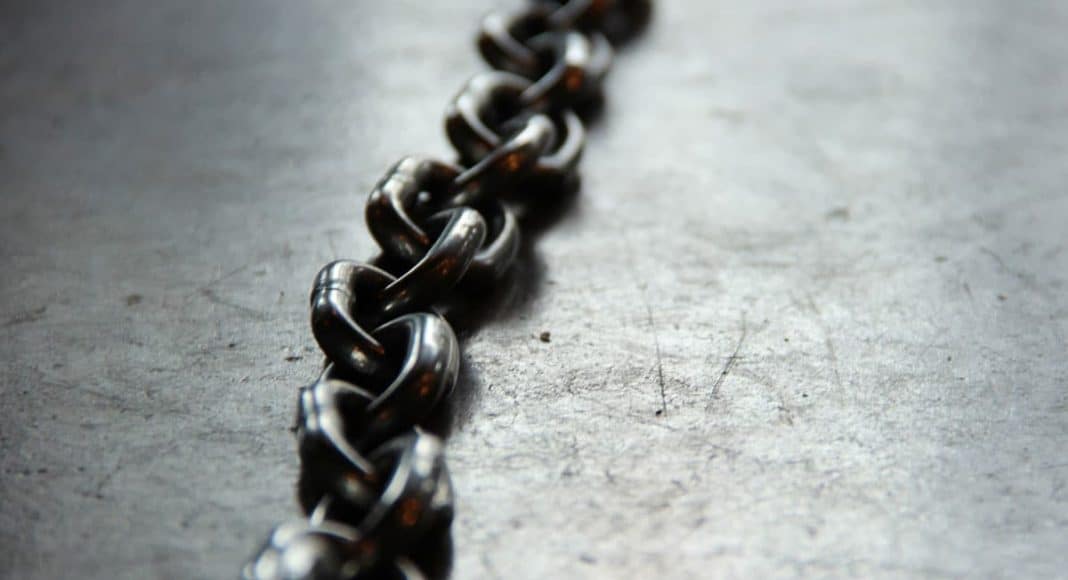President Donald Trump’s defense of white nationalist groups in the wake of Charlottesville is shocking, but not really surprising to anyone who has been following his Administration.
From appointing Jeff Sessions as Attorney General, to his war on immigrants, to his embrace of recently ousted strategist and ethno-nationalist ideologue, Steve Bannon, to his efforts to double-down on the failed war on drugs Trump, has consistently sought to increase the criminalization and incarceration of people of color. The history of U.S. criminal justice policy is the history of white supremacy; and Jeff Sessions is Trump’s Bull Connor.
Dozens of civil rights groups opposed Trump’s nomination of Jeff Sessions to be Attorney General. Sessions has a long record of hostility to justice and civil liberties. He was denied a federal judgeship in the 80s because the U.S. Senate Judiciary Committee found that he had a record of racist statements and actions. A black colleague testified at the time that Sessions referred to him as “boy.” Sessions referred to the NAACP and other civil rights organizations as un-American groups that “forced civil rights down the throats of people.” He even reportedly said he thought the KKK was “OK” until he found out its members smoked pot.
-
Related Story: Just The Facts: The Link Between Marijuana Policy And Racism
This is the guy Trump chose to be the nation’s top law enforcement official. Already – just six months into the job – Sessions has rolled back decades of criminal justice reform. He has urged prosecutors to seek the highest punishment possible, even in nonviolent drug cases, rolled back efforts to prevent police brutality, increased the use of civil asset forfeiture (the process by which police can take people’s money and property and keep it for themselves without having to even convict anyone of a crime), and re-interpreted civil rights laws to be applied as narrowly and rarely as possible.
Sessions isn’t a case of Trump having chosen the wrong person for the job. Whenever Trump talks about drugs, crime, and criminal justice, he paints a picture of black and brown communities as violent hell-holes that require more police and less protections for civil liberties. For a president who believes that police officers should racially profile suspects and rough them up and torture them, Sessions is the perfect Attorney General. His racist past is an asset, not a liability.
The war on drugs has a long history of being a cover for racial injustice. The first federal marijuana laws were passed to target Mexicans. Opium laws were passed to target Chinese immigrants. The campaign to ban cocaine painted images of black men using cocaine to woo white women and becoming impervious to bullets (the New York Times referred to them as “negro cocaine fiends”). Lest you think this is ancient history, police and media still cite marijuana and others drugs as a reason they shoot unarmed suspects (see for instance, Trayvon Martin, Sandra Bland, Keith Lamont Scott, Terence Crutcher, and Philando Castile.)
-
Related Story: Lessons That Will Help Us Fight Marijuana Prohibition
It’s not a coincidence that President Richard Nixon declared an outright war on drugs in 1971, just as the civil rights was making major gains. In Nixon’s words (paraphrased by one of his staffers), “the whole problem is really the blacks, the key is to devise a system that recognizes this while not appearing to.”
It would be hard to design a system better at decimating communities of color. Once charged with a drug offense, people can be legally discriminated against in housing and employment and denied student loans and public assistance. If their drug law violation was a felony, they can even be denied the right to vote – in some states for life.
There are many reasons to end the failed war on drugs – it is a waste of money, prohibition doesn’t work, law enforcement should be focused on serious crime, etc. But the role the drug war, and punitive criminal justice policies more generally, play in perpetuating white supremacy should be at the top of the list. At the very least, policymakers who ignore the issue should be seen as suspect. Racial justice requires massive criminal justice reform.
There are many steps Congress can take to undo and repair the damage done by decades of harsh drug laws. A good first start would be eliminating all the Jim Crow-style collateral sanctions. A drug conviction should not result in the denial of housing, employment, education, voting or other rights and obligations ultimately policymakers have to move beyond using law enforcement to address complicated social issues and treat drugs as health and regulatory issue.
Bill Piper is senior director of national affairs for the Drug Policy Alliance. Follow him on Twitter @billjpiper


